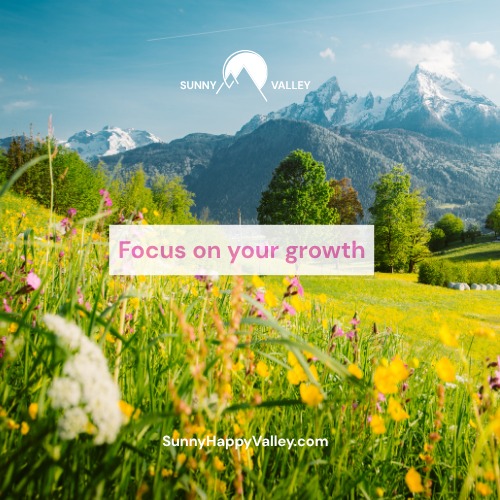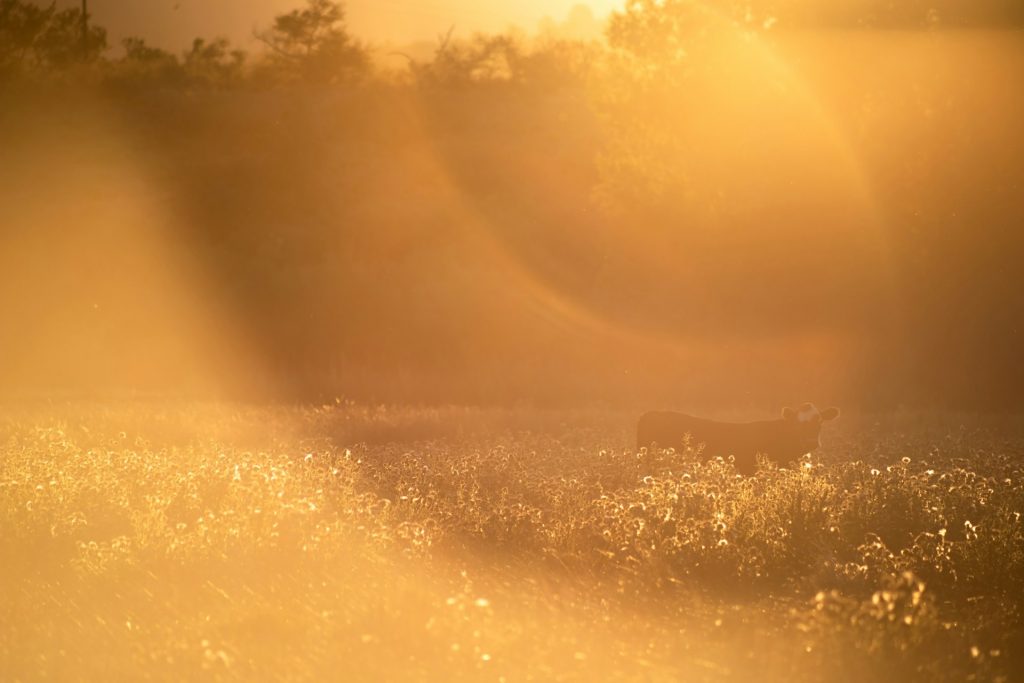The Weight of a Small Word
For most of my life, “no” was the hardest word to say. I grew up believing that being kind meant being agreeable. I wanted to be helpful, supportive, and available for everyone. Whenever someone asked for my time, my energy, or my attention, my instinctive answer was “yes.” Saying no felt selfish, almost like betraying the people I cared about.
But over time, I realized that constantly saying yes was slowly draining me. My schedule was filled with obligations I didn’t enjoy. My energy went to things that didn’t align with my priorities. And deep down, resentment began to grow.
It wasn’t until I started practicing the power of “no” that I truly understood its value. Saying no is not rejection. It is not unkindness. It is not weakness. It is actually one of the most powerful forms of clarity and self-respect.
In this article, I’ll share what I’ve learned from saying “no,” the lessons, the struggles, and the surprising freedom that came with it.
Why “No” Feels So Hard
Before diving into the lessons, let’s be honest: saying no is uncomfortable. We fear disappointing others. We fear being judged as rude, unhelpful, or difficult. We fear missing out on opportunities.
Psychologists call this people-pleasing behavior. Humans are wired for belonging. We want to be accepted, so we sometimes compromise ourselves to avoid conflict. But the cost is heavy. When we always say yes, we spread ourselves too thin and lose sight of what truly matters.
I once agreed to join three different projects at university at the same time because I didn’t want to upset anyone. I ended up exhausted, doing none of them well. That experience became a turning point. I realized that a yes without intention is far more harmful than a thoughtful no.

Lesson 1: Saying No Creates Space for the Yes That Matters
Every yes is a trade-off. When you say yes to something, you are automatically saying no to something else such as your rest, your priorities, or your goals.
By learning to say no, I discovered space. Space to focus on my health. Space to invest in meaningful relationships. Space to pursue work that excites me.
For example, when I declined an extra committee role that looked prestigious but drained me, I freed up time to train for my triathlon, something deeply aligned with my personal growth. That no became a powerful yes to myself.
Lesson 2: “No” Protects Your Energy
Energy is like currency. If you spend it on things that don’t align with your values, you end up bankrupt.
I learned to ask myself: Is this request worth my energy? If not, the answer must be no.
One weekend, a friend asked me to attend an event she wasn’t even excited about herself. I almost agreed, but I paused. I realized I needed that weekend to rest and recharge. I gently said no, and instead spent time journaling and being with my family. I came back on Monday energized, not drained.
Protecting your energy doesn’t make you selfish. It makes you sustainable.
Lesson 3: No Builds Respect (Not Resentment)
This was surprising: when I started saying no, people didn’t lose respect for me. They actually respected me more.
Why? Because boundaries create clarity. When you communicate honestly about your capacity, people trust your yes more. They know you mean it.
In contrast, when you always say yes but secretly resent it, people feel the lack of authenticity. I’ve been there, smiling while inside feeling bitter. It doesn’t serve anyone. A clean no, delivered with kindness, is far healthier than a resentful yes.

Lesson 4: No Strengthens Self-Identity
Each no I said became a declaration of who I am and what I value.
When I declined a lucrative job offer that didn’t align with my purpose, I wasn’t just saying no to the job. I was saying yes to my vision of building something more meaningful.
Boundaries shape identity. They tell the world and yourself what you stand for. Every no is a brick in the foundation of your authentic self.
Lesson 5: No is a Muscle That Gets Stronger with Practice
The first time I said no, my voice shook. My heart raced. I felt guilty for hours. But the more I practiced, the easier it became.
Like training for a race, saying no is a muscle. The more you flex it, the stronger you get. Now I can decline requests without guilt because I know I’m not rejecting the person, just the request.
Practical tip: start small. Practice saying no to little things, like declining an extra dessert when you’re full, or skipping an event you don’t enjoy. Over time, you’ll build the courage to say no in bigger situations.
Strategies for Saying No Gracefully
Here are practical techniques I’ve used to say no without guilt or conflict:
-
Be direct but kind
“Thank you for thinking of me, but I won’t be able to join this time.” -
Offer an alternative
“I can’t help with this project right now, but I’d be happy to connect you with someone who can.” -
Delay your response
“Let me think about it and get back to you.” This gives space to check if the request aligns with your priorities. -
Use values as explanation
“I’m focusing on my health this season, so I won’t take on extra commitments.” -
Keep it short
You don’t owe a long essay. Sometimes a simple “I can’t” is enough.
The Ripple Effect of No
Saying no doesn’t just benefit you. It benefits others too.
When you honor your boundaries, you model healthy behavior. Friends, colleagues, and even family learn that it’s okay to prioritize themselves. You inspire others to break free from people-pleasing.
In my team, once I started setting clearer boundaries, others felt safer to do the same. The result was less burnout, more productivity, and more genuine collaboration.
Common Myths About Saying No
Let’s clear some misconceptions:
-
“No means you’re selfish.”
No, it means you’re self-aware. -
“No closes doors.”
Actually, no opens the right doors by freeing space for opportunities that align. -
“No damages relationships.”
The opposite is true. Authentic boundaries strengthen relationships. -
“No makes you weak.”
No is one of the strongest words you can use.
Personal Reflections: The Liberation of No
When I look back, my life before learning no feels like a crowded room filled with noise. Once I started saying no, the noise quieted. Suddenly I had clarity.
I learned that every no I said was an act of courage. It was me telling myself: Your life, your time, your energy matter.
Now, when I say yes, it comes from a place of choice, not obligation. My yes is lighter, more joyful, more powerful.
Saying No is Saying Yes to Yourself
“No” is not the end of kindness. It is the beginning of authenticity.
Through learning to say no, I discovered freedom, clarity, and strength. I realized that I don’t have to carry the weight of everyone’s expectations. I can choose. And that choice is powerful.
If you struggle with saying no, remember: boundaries are not walls. They are doors that guide what comes in and what goes out. And sometimes, the bravest, kindest thing you can do, for yourself and others, is simply to say “no.”

